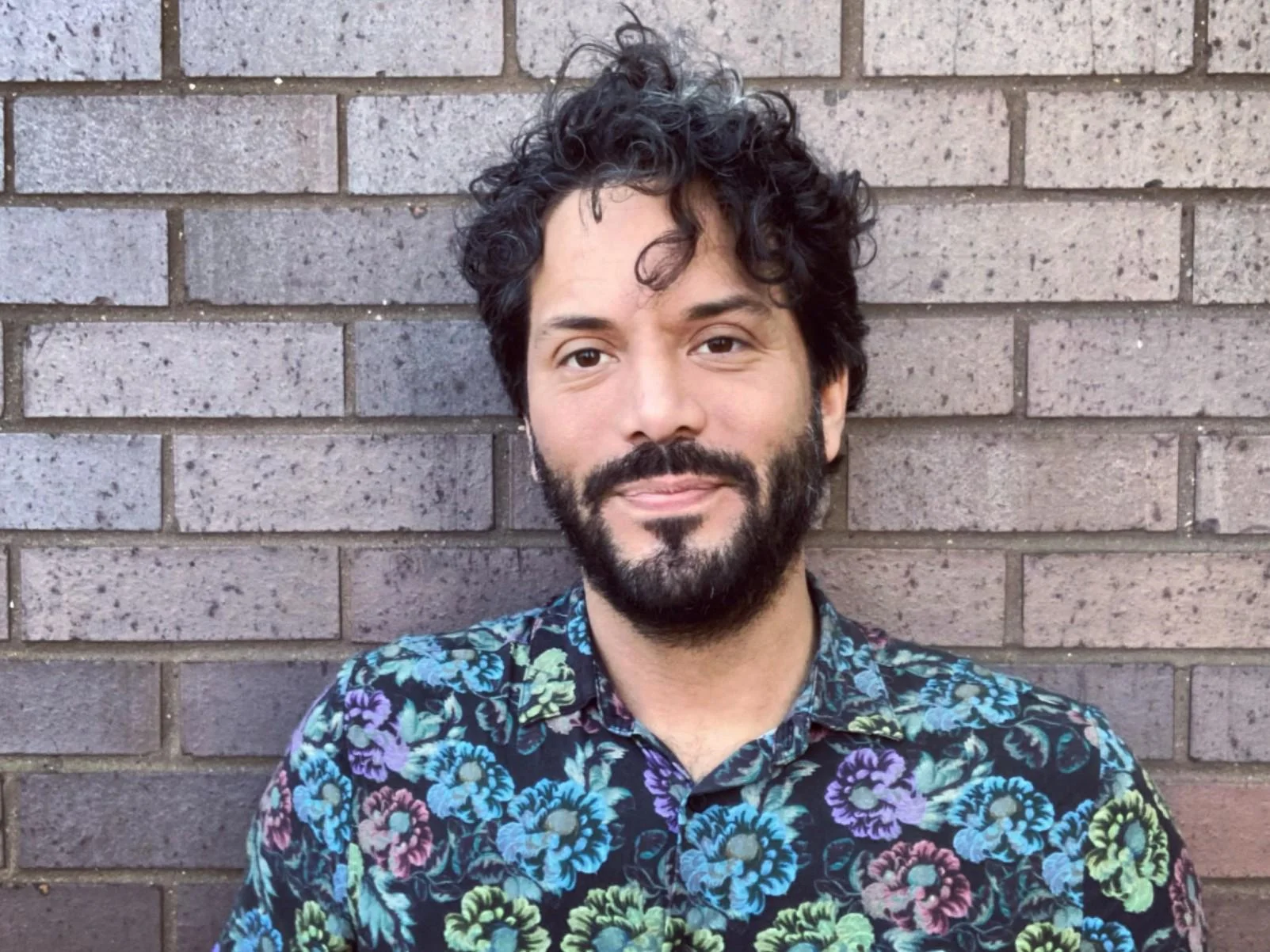The histories of squatting: a Q&A with Milo Miller
Milo Miller is a Fellow in the Department of Gender Studies
Squatting and the communities I found through it opened up whole worlds to me. During that time, I started learning bits and pieces of Brixton’s histories of squatting, and I was hooked to the point I ended up doing my PhD on it!

What are you currently researching?
I am currently elaborating on findings from my doctoral research, which focused on the histories of squatting (occupying a building without the permission of the owner) in London – more specifically, in south London; and even more specifically (at least for now!), in Brixton.
The area has a really rich and fascinating history, and a lot of absolutely trail-blazing groups have organised incredible projects there over the decades, while based in squats.
I am especially interested in how squatting has figured in decolonial, feminist and queer struggles and politics; and on the spatialised processes through which identities, collectivities and political projects come together and are negotiated.
Why did you choose this area of study?
I was squatting in the area myself for a time, in the mid-2010s. Very much in the context of the austerity measures that started coming in from 2010, ever-rising rents, people trying to survive…
Squatting and the communities I found through it opened up whole worlds to me. During that time, I started learning bits and pieces of Brixton’s histories of squatting, and I was hooked to the point I ended up doing my PhD on it!
How will your research have a wider impact on society? Can you give some real-world examples of the impact your research will have?
Over the last seven years, stemming from my PhD research, I have been working with members of the Brixton Black Women’s Group (a Black socialist feminist organisation which was active from 1973 to 1989) to put together a collection of the group’s writing. It’s being published on October 10ththis year(2023), and I am so, so excited.
The group did astounding work around the policing and criminalisation of Black people, reproductive justice, housing, labour, education and legislation on immigration and nationality.
Having it out as a book will make the group’s vital and still urgently necessary work widely accessible for the first time. I think this will be very important in reframing, for many people, understandings of British history, of British feminism, of political struggles and organising strategies – of what is not only possible but necessary.
What have been the highlights of your research work so far?
The people I have met through it! Members of the Brixton Black Women’s Group, the Brixton Rebel Dykes, some of the organisers of the first ever Queeruption festival in 1998… It’s been truly wonderful.
What has been your biggest challenge so far?
I’m always struggling with how to do justice to the generosity, time, thoughts and experiences of the people I have interviewed for my research. I am hugely grateful to them.
What advice would you give to prospective students on the most effective way to approach research and keep stress levels down?
When writing an essay or a dissertation, it can feel as though you have to fit in absolutely everythingyou have learned in your time at LSE. This can not only feel really daunting but can also be counterproductive (in terms of unpacking concepts and developing key arguments with the necessary depth, for example).
Being very clear about the scope of an assignment is crucial. What specificallydo you need to address and demonstrate? How can you go about doing so in the word count available to you – and what could you leave out for another time? Plan it out, divide it up, break it down, structure it – and streamline as necessary.
In a few words, what is the best thing about studying at LSE?
Having been a student at LSE myself in the Department of Gender Studies, I was and am so grateful to my professors (who are now my colleagues – how wonderful is that!) for the huge amount of care they put into their teaching and their students’ learning. I am very happy to report that this is still very much the case, and it is something I always endeavour to do in my own teaching.